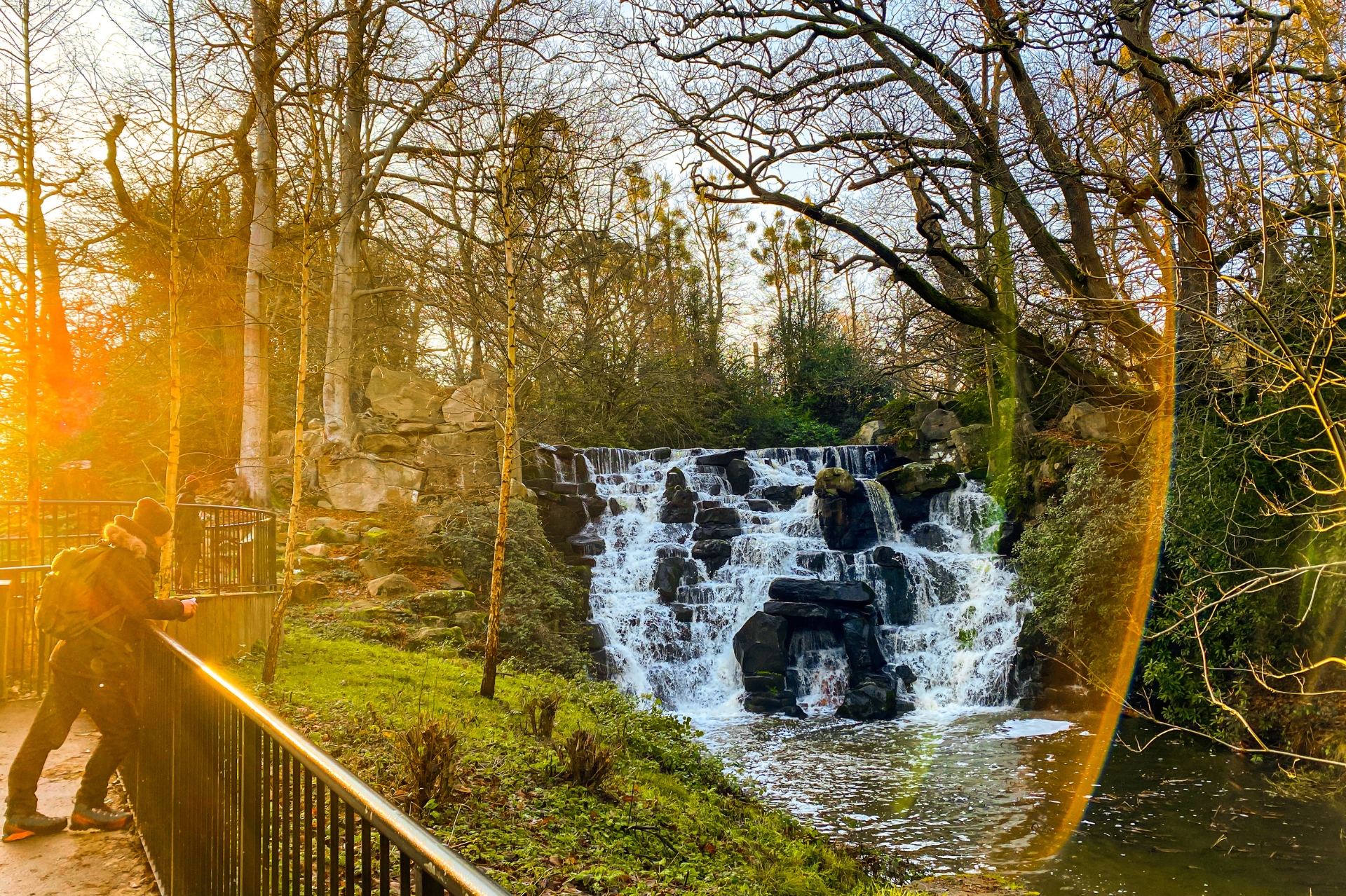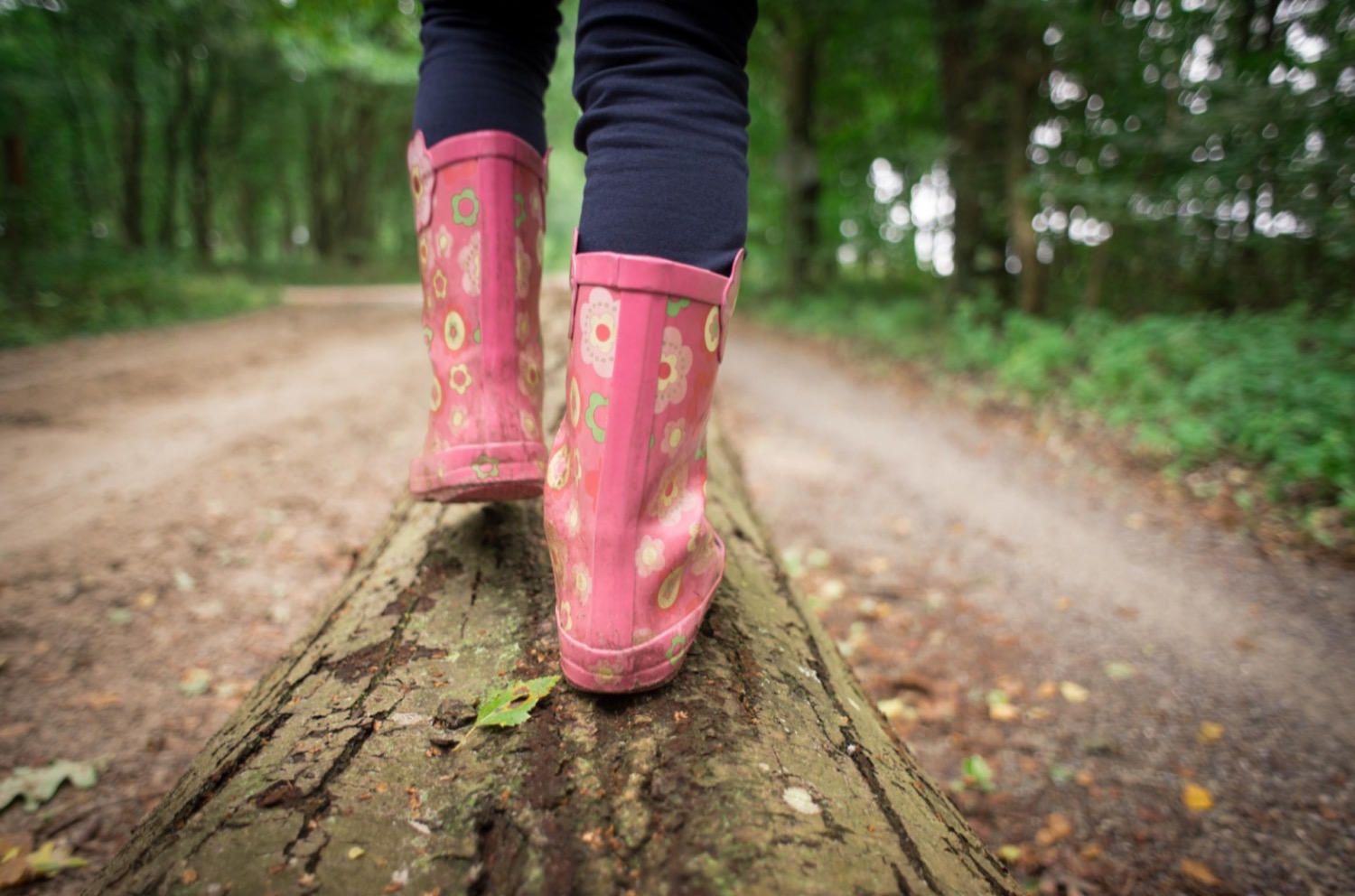The national Church of England’s Environment Programme exists to enable the whole Church to address climate change — in faith, practice and mission.
This includes tackling our own carbon emissions and wider work. In November 2020, the Diocese of Guildford’s Diocesan Synod passed a motion on Net Zero Carbon Emissions to accept the General Synod Motion on becoming Net Zero by 2030.
Below you’ll find ideas, practical resources, links and guidance to support you in working towards this goal, and for growing your church’s care and concern for God’s creation
Net Zero Carbon emissions by 2030
Find out how we plan to reach our goal of Net Zero carbon emission by 2030.
Eco-worship
Inspire care for the environment within and beyond the church family with prayers, worship resources, Climate Sunday, outdoor worship ideas and more.
Savings, funding & grants
See where you make savings, apply for grants and source funding for environment projects of all kinds.
What you can do to care for God’s creation
There’s lots of advice and support available. We’d recommend starting by looking at the National Church of England webinars on reaching net zero. Below are six ways you can care for creation, click on the dropdowns to find out more.
By using schemes like A Rocha’s Eco Church, Churches are taking the lead in caring for God's creation. The program equips churches to integrate sustainable practices into worship, buildings, land management, community engagement, and individual lifestyles.
We have a local plan to reduce our collective carbon emissions to Net Zero by 2030. It's in line with the National Church of England's Net Zero Carbon plan. We'll be working with people across the diocese to reduce carbon emissions and take advantage of opportunities for funding to improve energy efficiency. This ambitious goal involves balancing the amount of greenhouse gases produced with an equivalent amount removed or offset. Join us and set your own target to reduce your carbon footprint, contributing to a more sustainable future.
Understanding your energy footprint is the first step towards reducing it. Complete your parish EFT to find out how energy-efficient your building is. This tool will help you make informed decisions and track progress over time. You can log in via the Parish Returns portal.
Below is a simple step-by-step video to help you complete this year's EFT.
For those churches in the National top 600 emitters, the National Church is offering free energy audits (those parishes will have already been contacted by the Diocesan Office) Other churches may commission an audit through the Parish Buying Website. The Diocesan Office is currently in discussion with Surrey County Council about potential access to discounted energy audits provided by a local suppler - if interested please contact Andy Wells.
Reduce carbon emissions with simple choices in various aspects of your life. From lighting and energy consumption to boiler efficiency and insulation, small changes collectively contribute to significant environmental benefits. Explore eco-friendly alternatives and technologies to minimise your carbon footprint.
Many organisations and government agencies provide funding for projects aimed at sustainability and environmental conservation. The Church of England and Surrey County Council have a number of grants, and regularly launch new ones. At the moment, in line with our NZC Strategy approach, our priority is to focus on the church buildings that currently have the largest carbon footprint and we will be contacting those churches in the coming weeks and months to work out how best we can support them.
In the meantime, our NZC Volunteer, Andy Wells has been liaising with Surrey County Council to identify some potential funding pots to help parishes reduce their carbon footprint. We will continue to update this as our knowledge base of other funding opportunities grows.
We’ve listed some grants and funding support available on our website.
The Eco Network is a community for anyone with a heart for the environment and net zero. Brought together with a purpose to create a positive change in our churches to be kinder to the planet.
There’s a lot of work that can be done. Sometimes knowing where and how to start or go next is the biggest blocker. But people across the diocese are all on the same journey. So we’ve created a place for each of these people to share what they are doing and learning, what has worked for them and what hasn’t, and to encourage one another. Together we’re on a mission to achieve Net Zero by 2030.
You can dip in when you want or need to. We are sharing information on different topics (split into different channels so it's easy to find and searchable - you can just go to one topic and find what you want) and others are sharing what they are doing, and asking questions. Take what you need - you can be a silent watcher or active participant, sharing what you have experienced and are excited about.
Buildings
Did you know that 70% of a parish’s carbon footprint will be their heating? Before you start to think of solar panels or any other investments, it’s vital to look at low-carbon heating options first. This is how we will achieve Net Zero as a diocese.
As the requirements of every building are different, it’s vital to get expert, impartial advice. This can be achieved through paying for an Energy Audit for your buildings, and these can be purchased at a reduced price from Parish Buying.
Visit the Church of England’s brilliant web page on heating churches and what changes you can begin to make to reduce carbon emissions.
Whilst LED lighting is now seen as the most efficient and effective light source, it is the extent of use and the management of lighting that determines the energy utilisation and the impact on carbon use. Take time to watch this webinar on the national Church of England’s Environment Programme to learn more.
This webinar from the national Church of England’s Environment Programme provides an introduction to solar PV panel technology, its applications, usage and on-going benefits that accrue to system owners.
The best place to look choose your green tariff is the Big Clean Switch comparison website.
The Energy Footprint Tool (EFT) is an easy-to-use online platform that’s part of the parish returns system. You can enter your church’s energy data, including heating and lighting bills, to calculate their carbon footprint. You'll get immediate access to a detailed report, including your church's carbon footprint and an assessment of your building's efficiency.
Church land
Caring for God’s Acre is great website to explore resources and get involved in all kinds of initiatives to help manage church land and cultivate it for increasing biodiversity. Here are some of the really key pages to look at:
- Love your burial ground week - Saturday 3rd to Sunday 11th of June 2023.
- Caring for God’s Acre free resources - including the FREE starter pack which they can post you.
- Grass cutting advice sheet
- Second advice sheet on long grass
- Botanical Companion which has a list of the species most often found in churchyards
- Minifilms
- Information sheet on the Five Steps for good churchyard management
These are some other helpful websites for land management:
- Bats in Churches project
- The CRES (Christian Rural & Environmental Studies) courses
- The Church of England’s Biodiversity page and Trees page
Who to contact
The Diocese of Guildford has a Net Zero Working Group.
For all enquiries contact the Diocesan Team.


